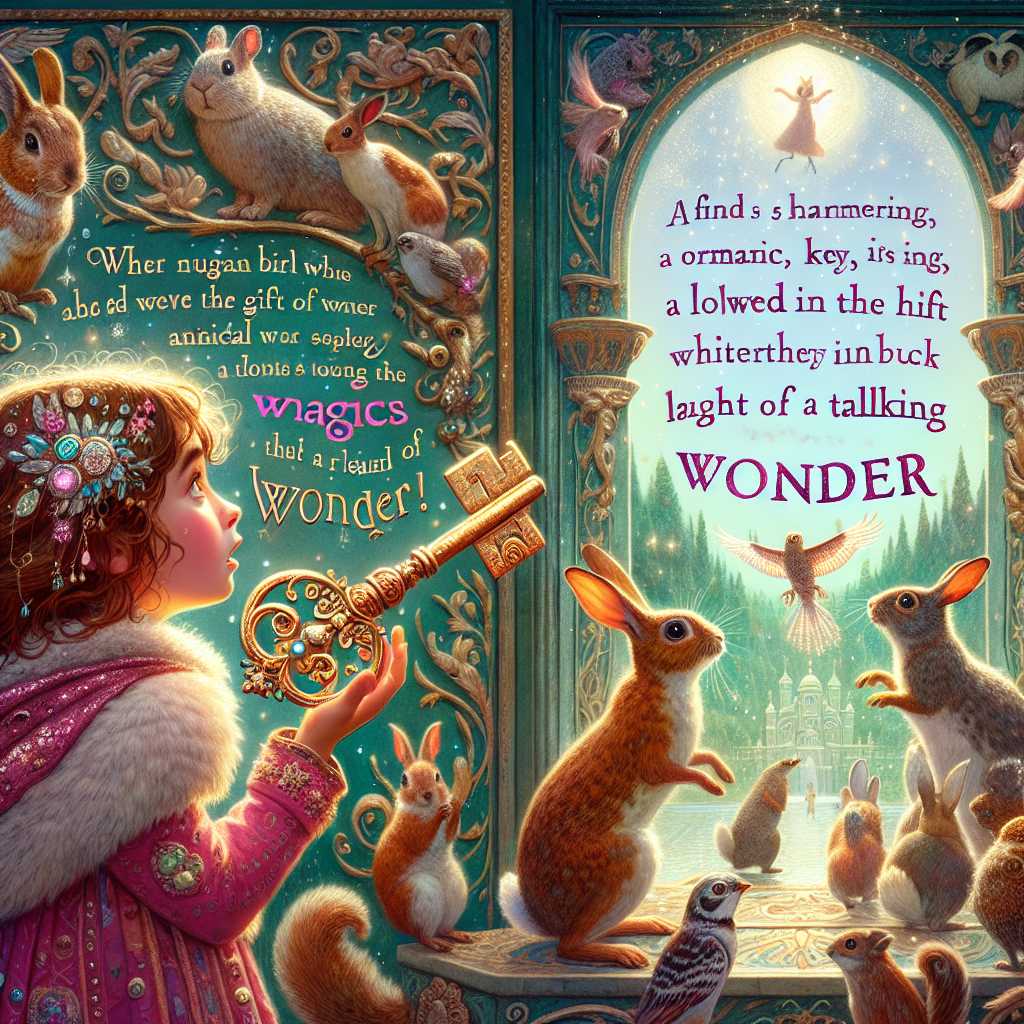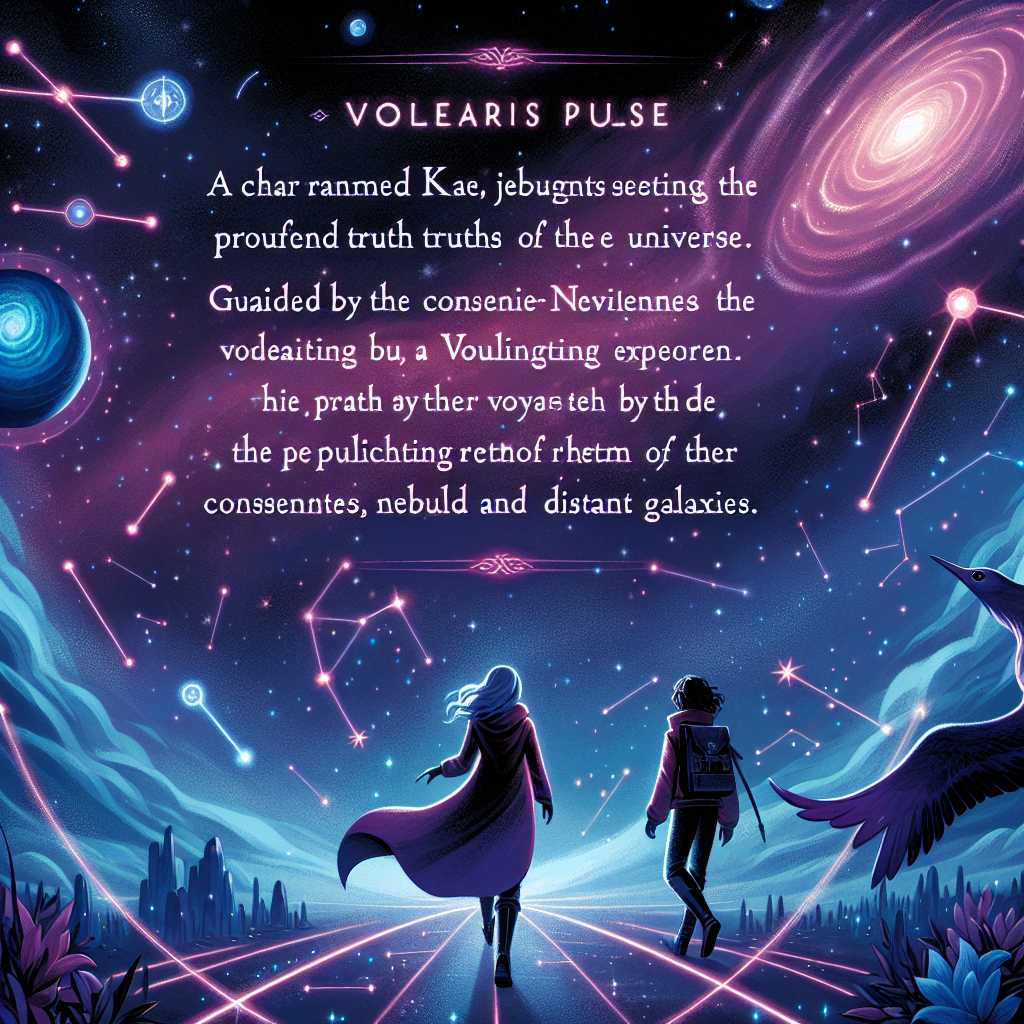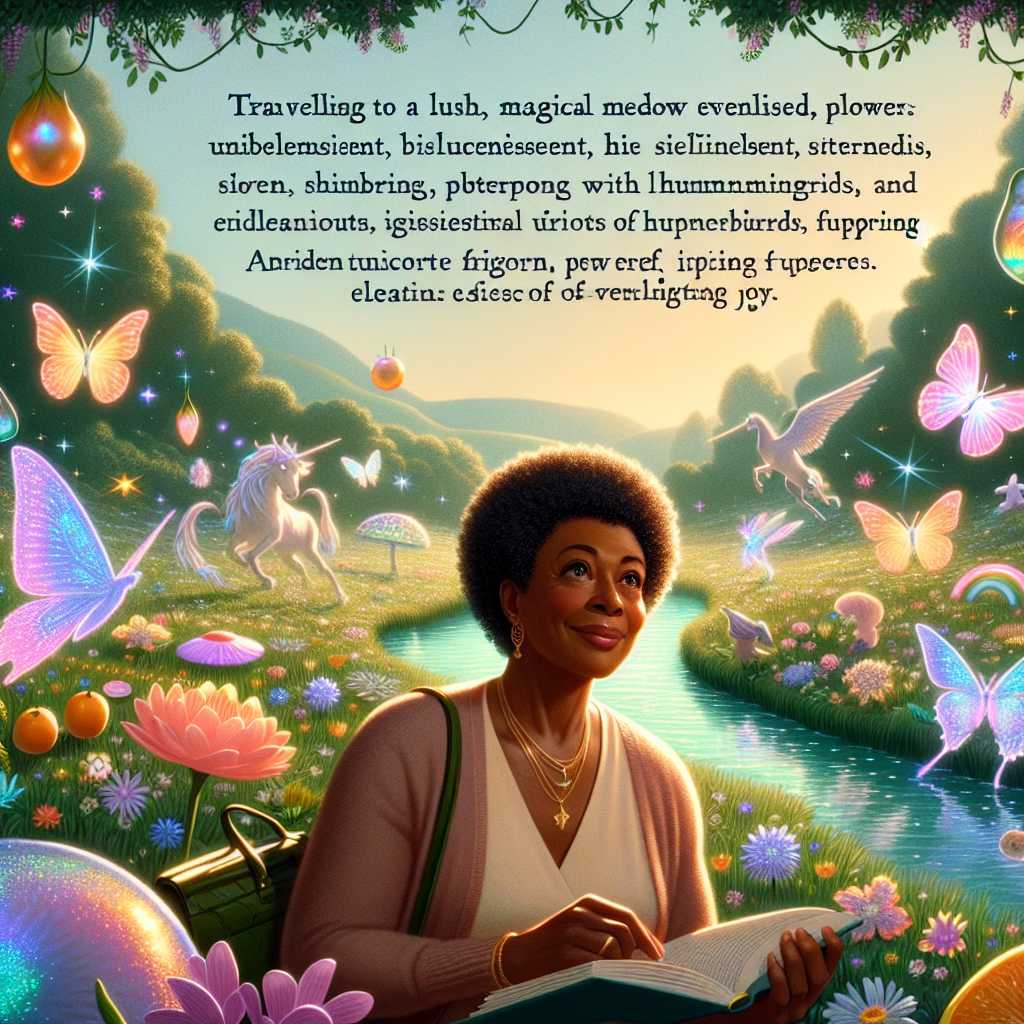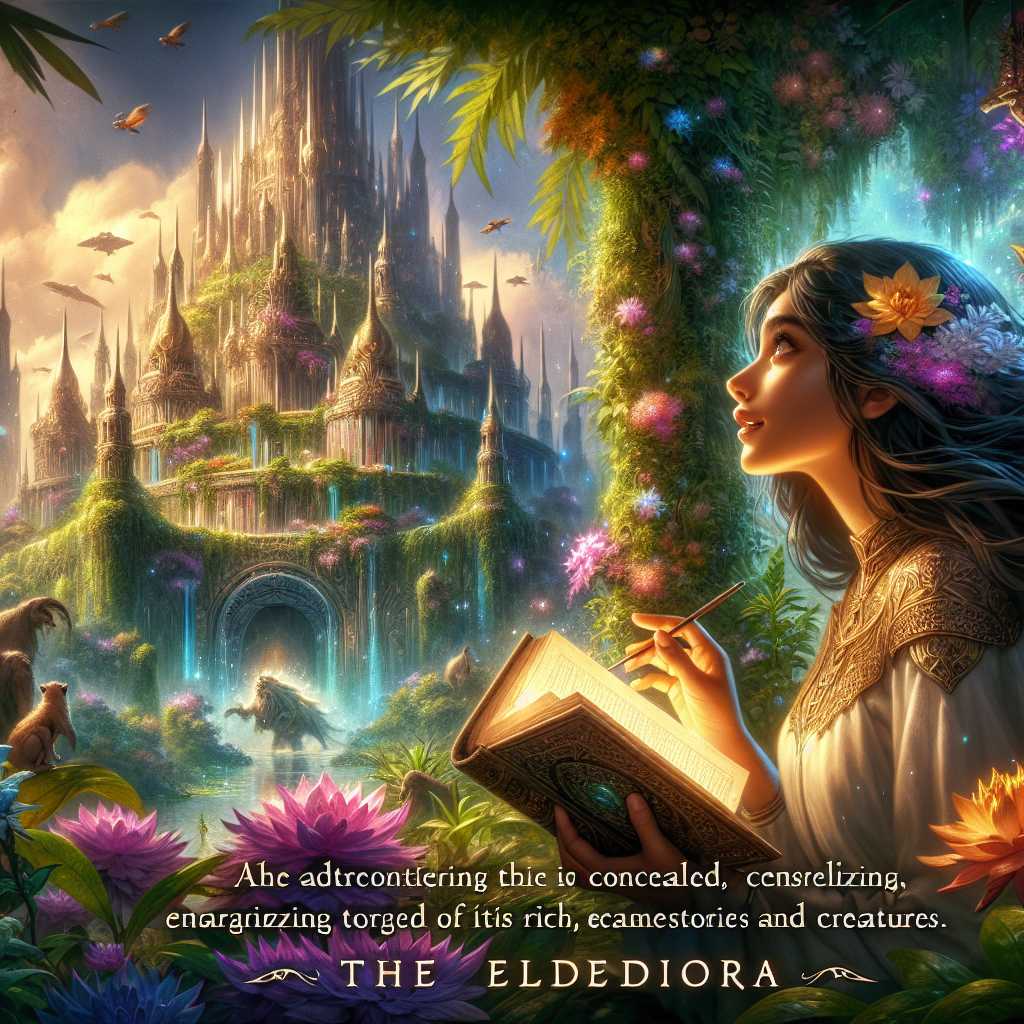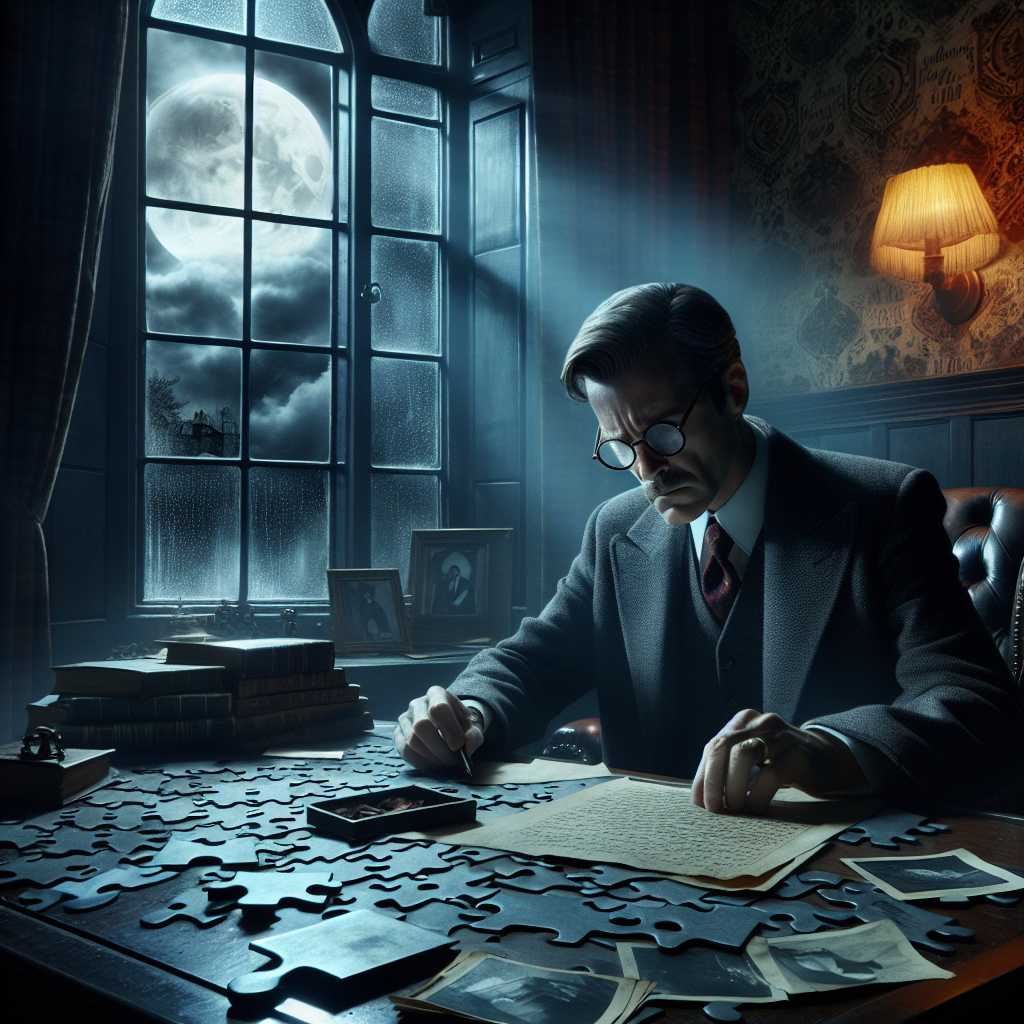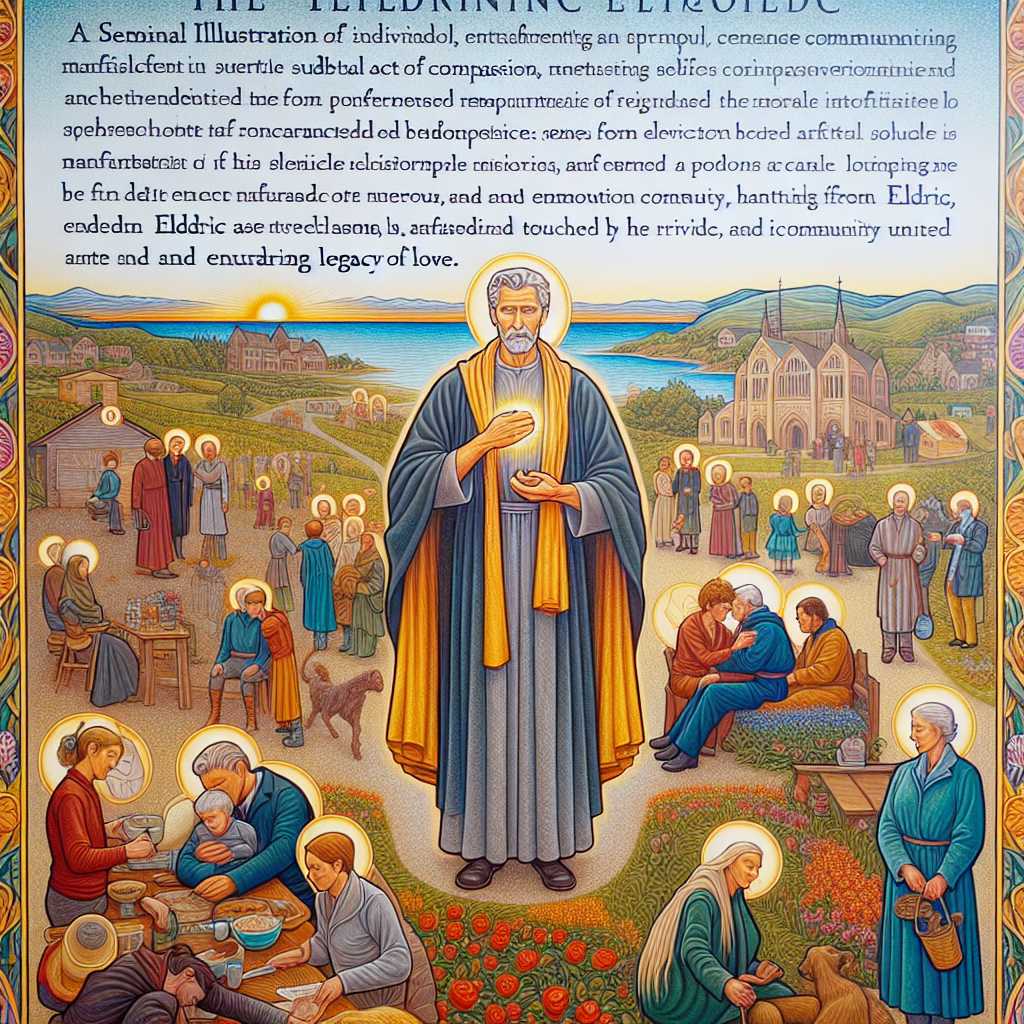
Once upon a time, in a quaint little village nestled in the heart of the northern woods, lived a man named Eldric. He was a woodcarver by trade, renowned for his delicate craftsmanship. Each piece he created seemed infused with life, as if whispering the ancient tales of the forest. Yet, amid the lively chatter of his carvings, Eldric harbored a profound loneliness—a silence that no chisel could carve away.
The village was small, its population dwindling as younger generations departed for larger towns. Eldric, with his gentle smile and kind eyes, was beloved by all who remained. Yet, his cheerful demeanor was a fragile mask, for his heart was heavy with loss. Years ago, he had lost his beloved wife, Marian, to a harsh winter's chill. The ache of her absence lingered like the fading echo of a melody once vibrant.
Each year, as the air turned crisp and the leaves blazed in shades of fiery orange, Eldric would carve a piece in Marian’s memory. These creations adorned the little nook he had dedicated to her, a small shrine filled with their happiest memories—a time when laughter echoed endlessly in their home.
"Eldric, you breathe life into these silent woods," Marian would say, her voice a sweet song against the whistling winds. "Every piece you create sings a story only you can hear."
Her encouragement was his inspiration, and even in her absence, her words were a guiding light in his solitude. Yet, the once-comforting act of carving grew burdensome; each stroke of his chisel a reminder of all he had lost.
One particularly harsh winter, the village was shrouded in a relentless blanket of snow. The days blurred into a monochrome landscape, and hope seemed as distant as the sun’s warmth. Eldric spent most of his time indoors, his hands carved as if moved by habit alone rather than passion.
One evening, as the winds howled mercilessly and the fire’s warmth seemed insufficient, a timid knock echoed through Eldric's modest cottage. At the door stood a young girl, Sarah, her cheeks flushed with cold, and her eyes filled with worry.
"Mr. Eldric," she began, her voice small against the storm. "My father’s sick. He’s burning up, and the doctor won't arrive until the morning. Our firewood is nearly spent."
Eldric nodded, his heart ached not only for the girl's plight but for the community that once flourished around him. Without hesitation, he bundled up, gathering an armful of firewood and the herbs Marian once taught him to brew for fever.
Inside Sarah’s humble home, Eldric found her father, Henry, shivering beneath layers of blankets, his complexion a telling contrast to the warmth he so desperately needed. With gentle care, Eldric tended to him, their silent figures outlined by the flickering hearth's light.
The night stretched on, long and uneasy, but as dawn broke, Henry’s fever had passed. Gratitude shone in Sarah's eyes, twinkling like the morning stars, as Eldric gathered his empty basket to leave.
"You are our very own hero, Sir," she murmured, clutching his hand tightly. "Thank you for saving my father."
Eldric nodded, his heart warm for the first time in many winters. As he stepped into the morning frost, he realized a small piece of his loneliness had thawed; his ability to care, to love, lay not buried in the past but present in moments of kindness.
Years swept by, and though the winters remained unforgiving, the village persisted, just as Eldric did, his life stitched together by the community he cherished. Yet, time wove its inescapable cycle, and so came a winter when Eldric, weary and worn, did not rise to greet the dawn.
The village mourned deeply, for they had lost not only a craftsman but a guardian. Eldric, with his simple acts of kindness, had been the glue that held their hearts together, a constant in their ever-changing world.
They found, clutched in Eldric's hands, his final work—a delicate carving of Marian, not as she was but as she might have been in old age, standing beside him. A tender, loving testament etched in wood, an eternal promise that neither time nor death could sever their bond.
In tribute, the villagers set the carving amongst his other works, a testament to a love that had inspired so many and a legacy of lives profoundly touched by his gentle spirit. Though Eldric had carved his own solitary path through life, he had unwittingly formed an intricate tapestry of connection and community—a legacy born from isolation turned into abundant friendship through acts of quiet, unnoticed heroism.
And so, the tale of Eldric the woodcarver lives on, whispered softly through the rustle of leaves and sung sweetly under the starry canopy of night, a story of loss turned into living, loving memory.



